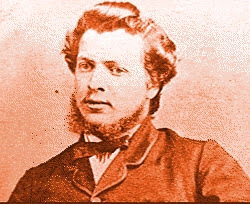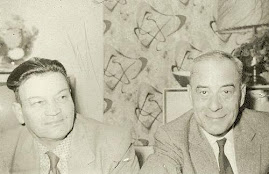FOR IMMEDIATE RELEASE
Action needed for
One year after apology, vast majority of Métis Survivors still without compensation
While addressing a special sitting of the Senate marking the first anniversary of Prime Minister Stephen Harper’s apology for
“When I participated in that apology ceremony, I pledged the Métis Nation was prepared and willing to do our part in
While a small number of Métis who attended schools recognized by the settlement agreement are eligible for compensation, the vast majority of Métis survivors attend schools not included. These schools were church-run and government-sanctioned, but for the most part were funded by Provincial governments or religious order and not part of the federally funded Indian Residential School System.
“They were run with the same assimilationist intent and methods, and today neither the federal nor provincial governments are willing to accept responsibility for what happened,” said Chartier. “This impasse over how to deal with Métis survivors personifies in real human terms the true cost of
Chartier did commend Minister Chuck Strahl, Federal Interlocutor for Métis, for signing the Métis Nation Protocol in September 2008. The Protocol commits the Federal Government and the Métis National Council to work together on a range of bilateral issues, and where appropriate it allows for multilateral discussion with provincial governments from Ontario-westward.
Chartier said Minister Strahl has demonstrated a personal commitment to move ahead with the leadership of the Métis Nation in the year following the apology, and the Métis National Council is encouraged in its work with the Minister in area of economic development.
“Promising as these initiatives may be,” said Chartier, “they do not address the long outstanding need for justice for those who those who experienced the horrors of the Métis residential school system”
President Chartier went on to ask both chambers of Parliament to call on the federal government to assert its jurisdictional responsibility for dealing with the Métis Nation, and ensure all Métis survivors get the compensation they deserve.
For more information contact Greg Taylor,




